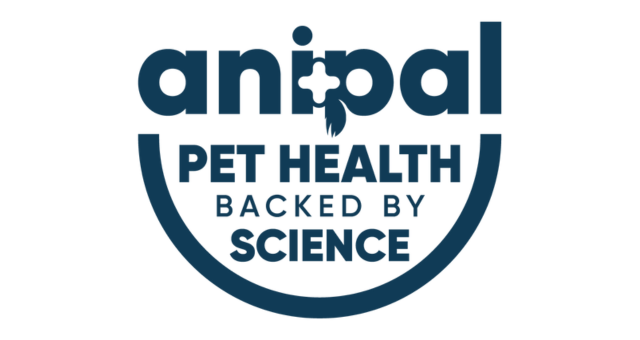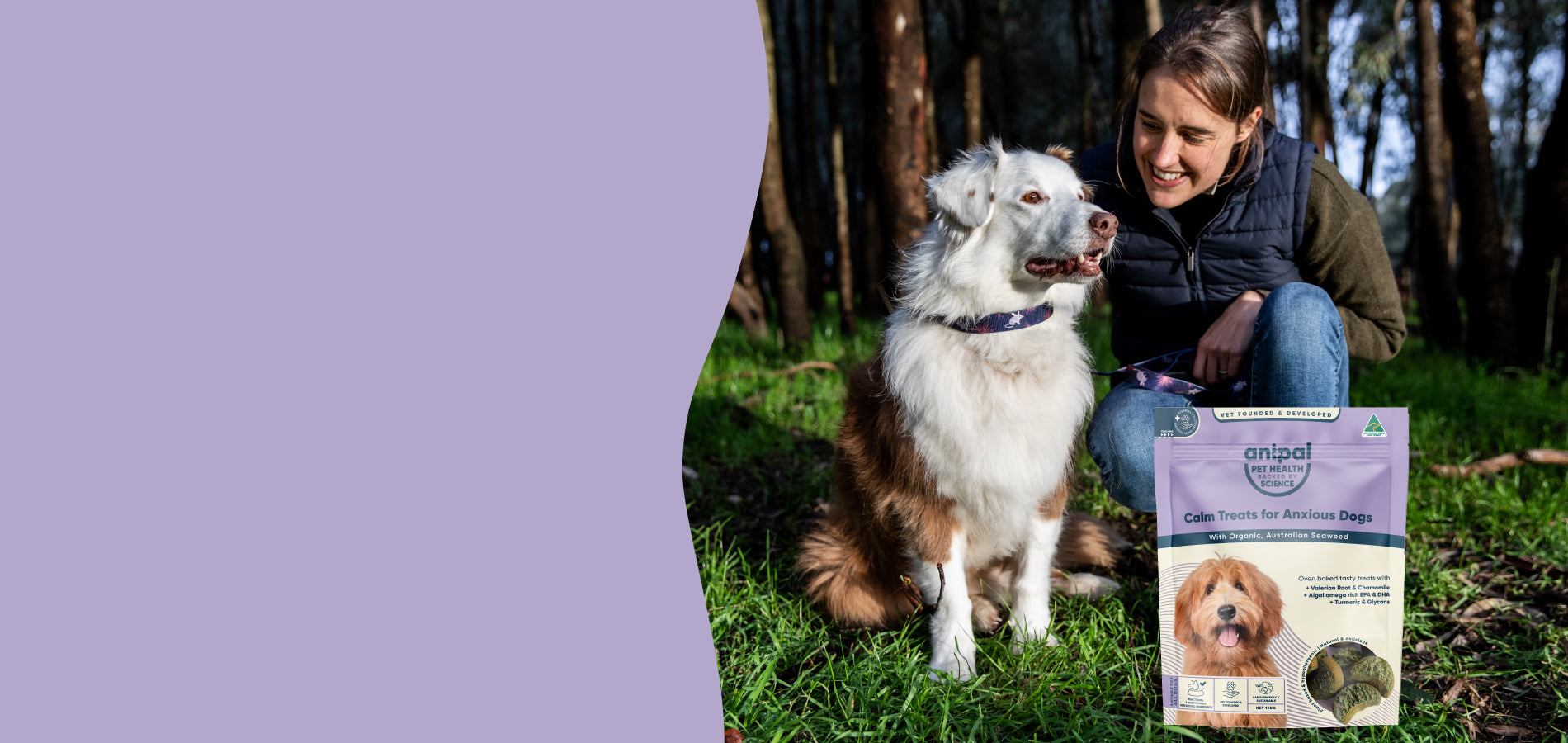
We want to have a positive impact on your pet's health and care for the environment while doing do.
Earth-Friendly & Sustainable
The meat-based diets of dogs use up a lot of resources including land, energy, and water and this is a main reason a dog’s environmental footprint can be huge! Additionally, extra things a dog can have like accessories, toys and grooming items, the environmental impact grows again.

How is Anipal Sustainable?
We reduce impact. We choose novel, animal free proteins where possible in all of our products, as opposed to putting added pressure on the animal protein industry.
Learn About Our Proteins And Their Environmental Impact

Insect Protein
Unlike a household fly, the black soldier fly (BSF) is not a pest, it is a highly productive and nutritious powerhouse. Insects are natural to dogs and are just as nutritious as beef, chicken or fish, and just as delicious. The larvae are really palatable, and many dogs love to eat them directly.
98% less land
96% less water
50 tonnes less of CO2 emissions
ENVIRONMENTAL FOOTPRINT

Australian Organic Seaweed
Sourced from Australia's only organic, human-grade sustainable farm on the south coast of New South Wales, the Ulva species (seaweed) is an alternate source of nutrition for your furry friends.
Grows 50x faster
Sequesters 50x more CO2 than trees
ENVIRONMENTAL FOOTPRINT
Dr Stephanie Stubbe discusses why Anipal is a sustainable choice

We Support
1% of every sale supports environmental causes. We run both our own threatened species projects as well as partner with key organisations to help drive impact.
Restoring wildlife habitats & biodiversity
Helping threatened species to recover
Our current projects and partnerships include:




Sugar Glider Nesting Boxes
Installing and monitoring nesting boxes for the threatened sugar glider in the Riverina district in NSW.

WWF Australia
Partnering with WWF Australia to support their Regenerate Australia Program which focuses on rehabilitating and restoring wildlife and habitats to build resilience against climate disasters.

RSPCA Victoria
Partnering with RSPCA Victoria to help support their wildlife treatment room. Having worked here Dr Stubbe was eager to support the many wildlife patients that enter the center needing medical treatment. Anipal was RSPCA Victoria's first wildlife sponsor.

Yarra Yarra Biodiversity Corridor
Supporting Carbon Neutral and their revegetation of the Yarra Yarra Biodiversity Corridor in Western Australia. This partnership ensures 100% of carbon emissions of Anipal are offset.










